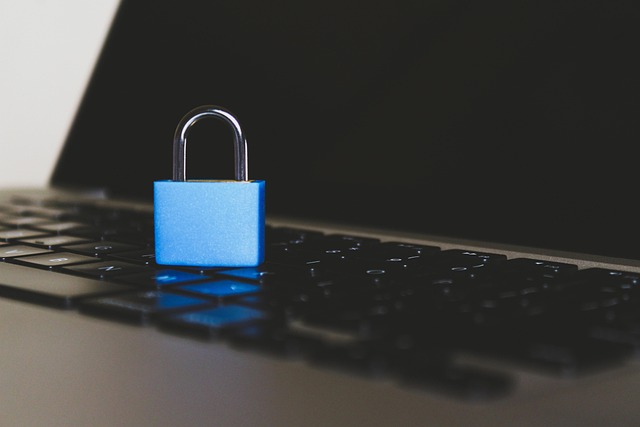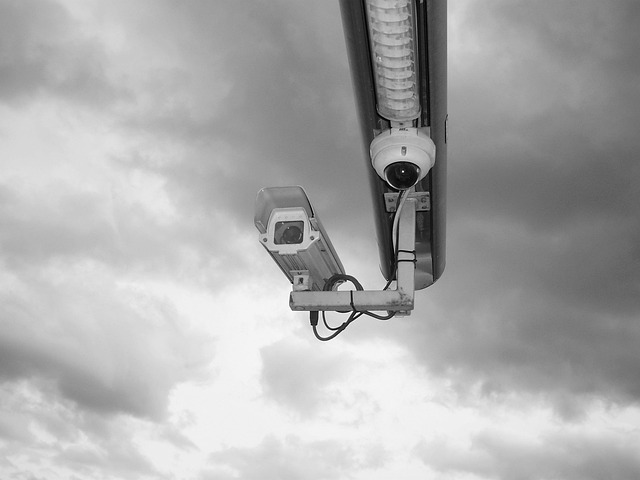Certified Public Accountants (CPAs) require a robust secure CPA infrastructure to maintain trust and regulatory compliance. This involves advanced security measures, transparent audit trails, efficient data retention, and adherence to standards like GAAP and IFRS. Regular IT audits, cybersecurity investments, automated tools, staff training, and proactive monitoring safeguard financial data, mitigate risks, and ensure public trust.
“In the fast-paced world of finance, Certified Public Accountants (CPAs) face a significant challenge—navigating complex regulatory landscapes while maintaining robust financial IT systems. This article delves into the essential strategies for ensuring compliance, from understanding evolving regulations to implementing secure CPA infrastructure. We explore industry standards, data security measures, and staff training, providing a comprehensive guide to help CPAs stay ahead in their digital transformation journey while adhering to stringent compliance requirements.”
- Understanding Regulatory Compliance for CPAs
- Identifying Relevant Industry Standards and Laws
- Implementing Secure Infrastructure Practices
- Data Security Measures: Protecting Sensitive Financial Information
- Regular Audits and Monitoring for Continuous Compliance
- Training and Educating Staff on Compliance Protocols
Understanding Regulatory Compliance for CPAs

For Certified Public Accountants (CPAs), navigating the complex landscape of financial regulations is non-negotiable to maintain trust and credibility in their services. Regulatory compliance goes beyond simply adhering to laws; it involves ensuring secure CPA infrastructure that safeguards sensitive financial data. This includes robust security measures, transparent audit trails IT systems, and effective data retention CPA practices.
Understanding these requirements is crucial for CPAs as regulatory data systems continue to evolve with technological advancements. By implementing comprehensive strategies, CPAs can not only meet but exceed compliance standards. A secure CPA infrastructure, coupled with meticulous audit trails IT and efficient data retention practices, ensures that financial records remain accurate, accessible, and compliant with relevant regulations.
Identifying Relevant Industry Standards and Laws

For CPAs, ensuring financial IT systems meet regulatory compliance requirements is paramount to maintaining secure CPA infrastructure. The first step in this process involves meticulous identification and understanding of relevant industry standards and laws. These include generally accepted accounting principles (GAAP), International Financial Reporting Standards (IFRS), and sector-specific regulations like those set by the Securities and Exchange Commission (SEC) or state accounting boards.
Furthermore, effective compliance demands robust audit trails IT that can demonstrate transactions’ authenticity and integrity. This, coupled with regular IT audits for accountants, facilitates continuous monitoring and evaluation of data retention CPA practices. By adhering to these standards, CPAs safeguard against financial misstatements, fraud, and regulatory penalties while upholding their professional responsibilities and maintaining public trust.
Implementing Secure Infrastructure Practices

In today’s digital age, securing financial IT systems is paramount for Certified Public Accountants (CPAs) to maintain regulatory compliance. Implementing a robust and secure CPA infrastructure involves several key practices. Firstly, CPAs should invest in state-of-the-art cybersecurity measures, including firewalls, encryption technologies, and regular security audits. These defenses fortify the protection of sensitive financial data, ensuring client information remains confidential.
Additionally, integrating accounting compliance IT tools tailored for regulatory requirements streamlines processes. Such tools automate data validation, reporting, and record-keeping, reducing human error and simplifying audits. With robust CPA file security in place, CPAs can confidently navigate complex legal landscapes, leveraging IT legal support to stay ahead of evolving industry standards.
Data Security Measures: Protecting Sensitive Financial Information

Maintaining data security is paramount in the financial industry, and Certified Public Accountants (CPAs) must ensure their IT systems safeguard sensitive financial information. A robust secure CPA infrastructure involves implementing strong access controls accounting measures to restrict unauthorized access. This includes encryption technologies that transform data into unreadable formats, accessible only through specific decryption keys. Additionally, multi-factor authentication adds an extra layer of security, ensuring that even if a password is compromised, the account remains safe.
Effective Data Protection also requires regular IT audits for accountants to identify and patch vulnerabilities. Automated accounting compliance IT tools can streamline this process by conducting routine checks, flagging potential issues, and suggesting remedies. By adopting these measures, CPAs not only meet regulatory compliance requirements but also build a resilient security framework that protects client data and maintains public trust.
Regular Audits and Monitoring for Continuous Compliance

Regular audits and ongoing monitoring are essential components of maintaining a secure CPA infrastructure that complies with regulatory requirements. These processes ensure that IT systems used for financial reporting remain accurate, secure, and up-to-date with changing regulations. By implementing robust compliance monitoring procedures, CPAs can identify potential issues early on, address them promptly, and demonstrate their commitment to upholding the highest standards of integrity and accuracy in financial data handling.
Continuous auditing involves periodic reviews of system logs, access controls, and data integrity checks. This proactive approach helps in detecting any unauthorized access attempts or data breaches that may compromise sensitive client information. Furthermore, regular compliance monitoring allows CPAs to quickly adapt their IT strategies to reflect evolving regulatory landscapes, ensuring their financial reporting processes remain compliant and effective.
Training and Educating Staff on Compliance Protocols

For CPAs, maintaining a secure infrastructure is paramount to ensuring regulatory compliance. This involves implementing robust training programs that educate staff on compliance protocols and best practices. By arming employees with knowledge about data protection, privacy regulations, and internal control standards, they become the first line of defense against non-compliance. Regular workshops, webinars, and interactive sessions can effectively convey complex regulatory requirements, fostering a culture of adherence within the organization.
Moreover, integrating compliance into everyday operations through tools like audit trails IT and continuous compliance monitoring is essential. This includes establishing clear data retention policies for CPAs to safeguard sensitive financial information. By combining staff education with technological solutions, firms can create an efficient system that meets regulatory standards while streamlining internal processes.
